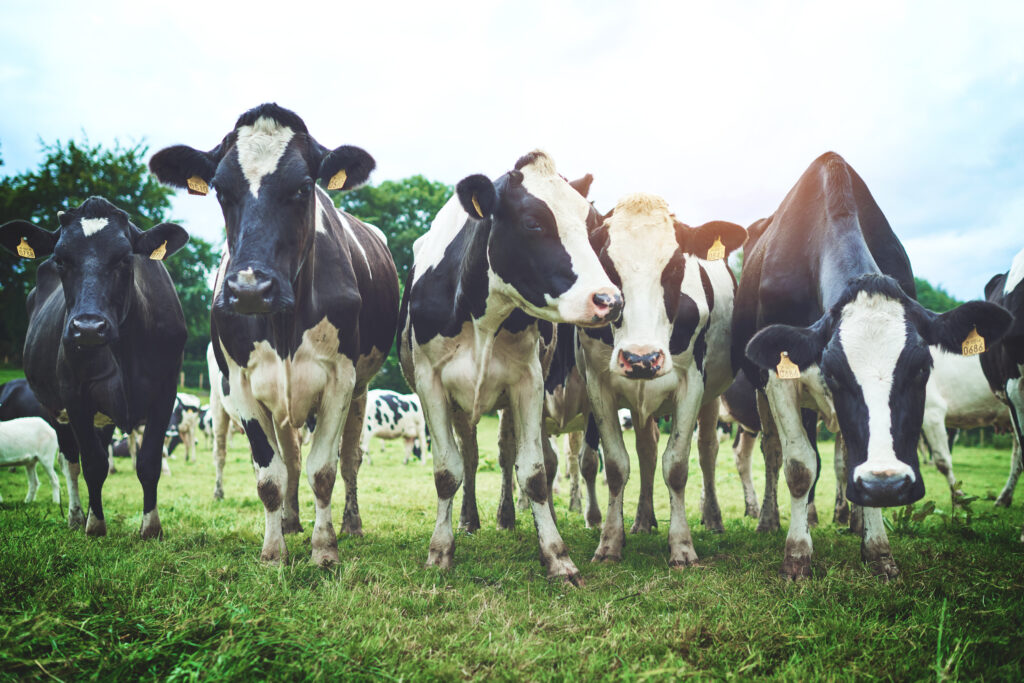The recent detection of highly pathogenic avian influenza (HPAI) in dairy cows has taken the agricultural sector by surprise. This development, announced earlier this week, introduces a significant twist in the ongoing saga of the H5N1 virus, which has been affecting birds globally and in the US since early 2022.
In fact, a case of HPAI has recently been confirmed in an individual in the US, as announced by Texas authorities and verified by the Centers for Disease Control and Prevention (CDC). This individual had been in contact with dairy cattle in Texas, which are believed to be infected with HPAI viruses.
The Mystery of Avian Flu in Cows
Federal and local veterinary officials have been investigating after dairy cows exhibited an unexplained illness syndrome. This situation has raised numerous questions among livestock and influenza experts. The exact role of HPAI in this mysterious ailment remains unclear. Additionally, the discovery of dead wild birds carrying the virus at the affected farms suggests new biosecurity challenges in livestock settings.
Related: Foodborne Illness from Raw Milk On the Rise
According to the US Department of Agriculture (USDA), the H5N1 subtype involved is from the 2.3.4.4b clade, with origins traced back to the B3.2 genotype in wild birds from November 2023. An analysis indicated no signs of mammalian adaptation or antiviral resistance in the virus samples from cows.
Initially reported in dairy herds across the Texas panhandle and other locations since late January, the affected cows underwent extensive testing for various illnesses. With other causes ruled out, attention turned to avian flu in cows. Although it’s confirmed that HPAI is present, it’s still uncertain if it’s the sole cause of the symptoms observed, which include a significant reduction in milk production and unusual illness profiles, especially in mature cows.
Biosecurity Concerns
The role of infected wild birds in spreading the virus raises significant biosecurity concerns. Experts emphasize the importance of addressing feed security and finding ways to reduce wild bird contact with livestock. Shared contaminated water sources have also been identified as a potential vector for virus spread, as seen in the transmission from poultry to baby goats in Minnesota.
This incident prompts questions about the possibility of avian flu in cows going unnoticed in past epidemics. Some suggest that serologic studies could provide insights into whether previous outbreaks in cattle, possibly linked to influenza viruses, were overlooked. The similarities between the current mystery disease and the known “milk drop syndrome” add to the complexity of understanding HPAI’s impact on dairy cows.
Safety Measures and Precautions
The USDA and health officials have reassured the public about the safety of the commercial milk supply, emphasizing that pasteurization processes inactivate viruses and bacteria. Nonetheless, the presence of the virus in milk from symptomatic cows highlights the risks associated with consuming raw milk.
The Nebraska Department of Agriculture’s recent importation order for breeding female dairy cattle is a proactive measure aimed at protecting local herds from HPAI. This order reflects the seriousness with which state authorities are approaching the HPAI threat.
The detection of HPAI in dairy cows marks a concerning development for the US dairy industry. While the immediate impact on milk supply is limited, the situation underscores the need for vigilance and enhanced biosecurity measures.
Dairy farmers are advised to follow the guidance of federal and state veterinary authorities to mitigate the risk and protect their herds. As investigations continue, the agricultural community remains on alert for any new developments related to avian flu in cows.
If you want your company to be featured on Xtalks.com, please email [email protected].












Join or login to leave a comment
JOIN LOGIN